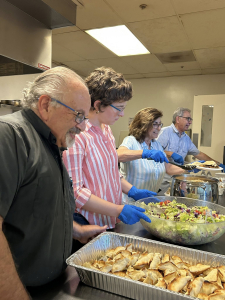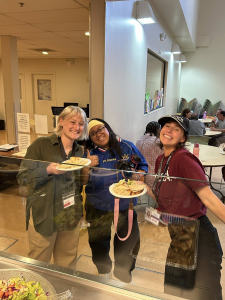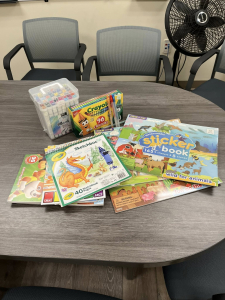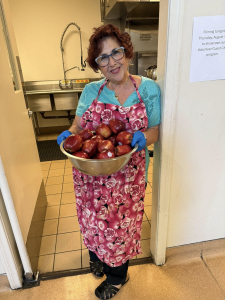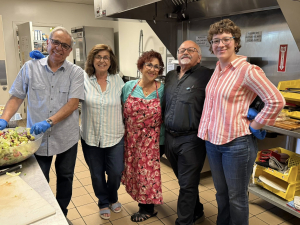Forgotten Self Image
Armodoxy for Today: Forgotten, part 10 – Self Image
Over the last ten days I’ve shared with you thoughts on the forgotten: both individuals and groups of people, who are on the margins or invisible to us. Jesus extended himself to these people, setting an example for all of us to do the same. He makes a point of saying that his actions are to be copied, as a requirement for discipleship.
At the Last Supper, he washed the feet of the Disciples and afterwards told them, “Do you know what I have done to you? You call Me Teacher and Lord… If I then, your Lord and Teacher, have washed your feet, you also ought to wash one another’s feet. For I have given you an example, that you should do as I have done to you.
Through the years, working with Armenian parishioners, especially young people, I have been concerned about cultivating a positive self-image as Armenians, in the great “melting pot” of the United States. Most all Armenians that I’ve worked with are descendants of the Armenian Genocide (1915-1923). It is difficult to develop, cultivate and maintain a positive self-image when you have grown up with stories of loss and death. One and a half million Armenians were murdered, and the forced exile from their historic homeland created the large Armenian diaspora. The post-Genocide narrative has been one of self-pity and large-scale demonstrations of anger, against a tide that drowns out the voices.
Several years ago, I brought together a group of teenagers of Armenian ancestry to discuss their ethnic identity in a positive manner. Over a two days of candid discussion, they came up with a formula called, “In His Shoes.” Basically, as Armenian Christians, we are called to help others through compassion and love. But even more, since there was a time that collectively Armenians were homeless, hungry and oppressed, Armenians have the unique perspective of knowing the pain and suffering of the homeless, the hungry and the oppressed today. “We have walked in their shoes,” the young people pronounced, “therefore, we know and are empathetic toward the struggle of others.
Once a month, the In His Shoes mission gathers and feeds the homeless, with the only explanation for their actions being that they feel the pain of the homeless. Reaching out to victims of natural disasters, the sick and suffering, and especially other victims of genocide, are only a partial list of the philanthropic grass-roots work done by the In His Shoes ministry. No longer are they victims, but are they are victorious, so much so that their cup overflows with goodness. Walking in the shoes of others is the forgotten motive and response to the forgotten.
We pray today, Lord, you descended from Heaven to walk in our shoes, to feel the pain and suffering of humanity. May I be inspired to do the same, to walk in the shoes of the hurting and oppressed. Grant me the strength and courage to follow your example. Amen.

